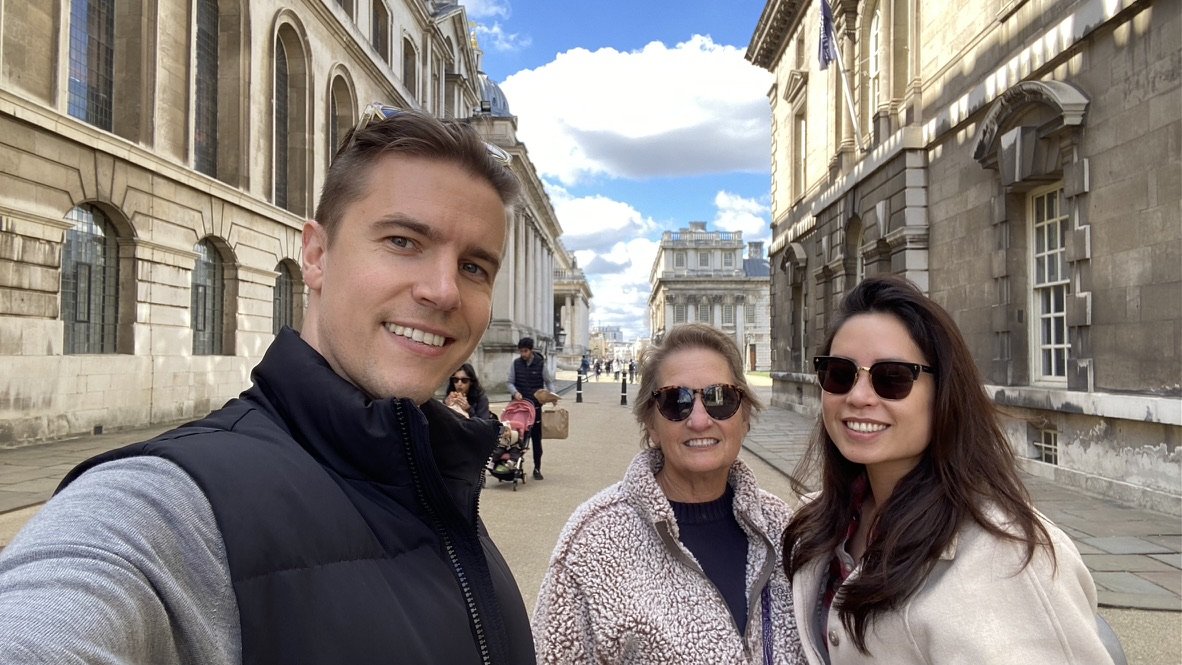It’s irksome when I find myself in a position of having to depend on someone to do what they said they’d do. If the AC is leaking and the guy says he’ll come fix it, then he should come. But he doesn’t. My disappointment becomes anger and puts me on a path of disbelief in the credibility of others.
So on this subject I give myself a talking-to. “You can decide to trust or not to trust,” is what I tell myself. “It’s better to believe in others and be let down than not to believe in others at all.” This philosophy has shown that approximately half the people I come across do what they say they’ll do.
Another issue requiring trust and belief concerns labels. For instance, if I buy free-range eggs, I take this to mean that hens are laying their eggs wherever and whenever the urge demands—beneath porches or shrubs, in hidden corners, or behind the shed. Is a caretaker following the chickens around, collecting eggs as they’re laid, and marking each egg’s appearance on a calendar, or do the eggs go undiscovered in the tall weeds for months? Under these circumstances, how can I know if the sell-by date is accurate?
When it comes to religious trust or, as it’s known in the ecclesiastic arena, faith, I channel my mother. I remember an incident when she decided to cover a splintery old table with contact paper. Her plan was to make the surface smooth so she could use it for cutting fabric. I was in her vicinity, but too young to be helpful. The project didn’t go well. The sticky side of the paper stuck to her hands but wouldn’t stick to the rough surface, and it was so tightly rolled that it seemed to be ruled by an uncooperative spirit. She pulled the paper from the roll and tried to press it flat, but no matter how diligently she adjusted and straightened, fifteen minutes after she began, the contact paper was stuck to itself and centered on the table in a nightmarish wad, which she gathered up and stuffed into the nearby wastebasket. Then she remeasured and cut and once again attempted to cover the table—and the same thing happened.
“I’ve done all I can,” she said, red-faced and frustrated as she stuffed the newest mess in the trash. “It’s in God’s hands now.”
I was around seven, old enough to know that God wasn’t going to descend from his heavenly perch and put the contact paper on the table—although “in God’s hands” was a thing she said often, leaving everything from a lost sock to the sick cat in the hands of God. And her act of putting everything in God’s hands irritated my father, who felt that only the helpless and uneducated put trust in an invisible being.
When David and I lived in Cairo I pondered faith in the Islamic culture. The Egyptians draped themselves in it—Insha’allah. If Allah wills. Every Muslim I knew said it at least ten times a day. It was both a phrase of intent and an excuse—I plan to deliver your husband’s shirts on Wednesday, but it’s up to Allah, not me, whether or not that happens. It was a land of no promises, ever. How easy their faith made their lives. If Allah is in charge of everything, why worry? In fact, why do anything? What I did observe was that these people were remarkably happy. Well, why wouldn’t they be if they never had to take responsibility or meet a deadline?
A few years later, having returned to the states, I joined a Christian women’s group, and one of the members held to the Muslim belief of living by faith alone. Blithely she coasted through her days; no dwelling on accomplishments for her. She signed up for a committee position, then backed out the next day. She volunteered to take dinner to a bereaved widow, but didn’t get it done. She cadged rides to meetings and outings and sat back and watched other women chip in for lunch while she left her wallet in her purse. What I couldn’t understand was everyone’s acceptance of her behavior. Nobody ever said a disapproving or antagonistic word; they simply let it slide, including her in every activity, and treating her as if she were a contributing member of the group. Thinking that maybe they knew something I didn’t, I questioned one of the other women.
“I don’t know why she’s undependable and never pays her fair share,” was the woman’s response. “She’s far from poor and she has no mental issues. But whatever’s going on with her, it’s our duty as Christians to love her as she is.”
How pious. I took the issue to David.
“Shouldn’t Christians meet their responsibilities?” I asked. “Shouldn’t they be a help rather than an imposition? What’s Christian about mooching?”
“Christians like to do things for others and be generous. So maybe she’s doing her part by giving them someone to take care of and be generous to.”
“I get the part about the other women accepting her for who she is, but how could she not know that she’s taking advantage?”
“Maybe she sees what you other women do for her as God’s provision.”
“But it’s not God providing, it’s her friends and neighbors.”
“Think about what you just said.”
I did think about it, and I pictured a world where every human on the planet played with their toes as they waited for God to provide.
I’m obviously running low on pictures.
For your joy, here’s a picture of our granddaughter, Clementine. Isn’t she a cutie?









